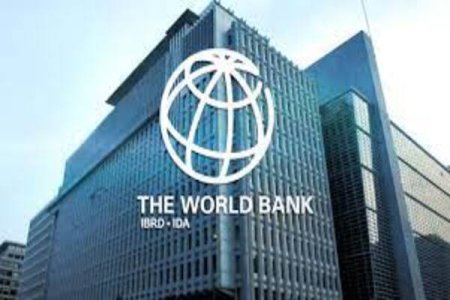
The World Bank may cancel Nigeria's $1.5 billion loan if key reforms are not met within 90 days. The loan, split into two $750 million agreements, requires stringent fiscal and policy adjustments. Nigeria's compliance is crucial for economic stability and growth.
The World Bank has indicated that it might cancel a $1.5 billion loan to Nigeria if specific conditions outlined in the financing agreements are not met. The agreements, part of the Nigeria Reforms for Economic Stabilization to Enable Transformation (RESET) Development Policy Financing Program, involve an International Development Association (IDA) credit and an International Bank for Reconstruction and Development (IBRD) loan, each worth $750 million.
The terms stipulate that no funds will be disbursed unless Nigeria shows satisfactory progress in implementing the program, maintains an adequate macroeconomic policy framework, and fulfills other key actions. If Nigeria fails to address any concerns within 90 days after receiving a notice of non-compliance, the World Bank may cancel the unwithdrawn loan balance.
Key conditions include a presidential executive order for fiscal transfers at the market exchange rate, VAT reforms to increase the rate to at least 12.5% by 2026, and a revised National Social Investment Program Bill using the national social registry as the primary tool for targeting social investments. The agreement also highlights Nigeria's recent macroeconomic reforms, such as gasoline price hikes, new taxes, and revenue system improvements.
Repayment terms for the IDA credit require installments between 2030 and 2036, with a maximum commitment charge rate of 0.5% per annum on the unwithdrawn balance. The IBRD loan repayment is set from 2035 to 2048, with a 0.25% front-end fee and a 0.25% annual commitment charge on the unwithdrawn balance.
Nigeria's adherence to these reforms is crucial for maintaining the loan, which is essential for the nation's economic stability and growth. The World Bank will closely monitor Nigeria’s compliance to ensure transparency and accountability.
Source: Nairametrics




![Today's Naira Rate [13-12-2024]: Naira Depreciates by N68 in Parallel Market, Reaches N1,668/$](/data/attachments/211/211350-ab8e333dd43ebe3477e5b60cb8531367.jpg?hash=hFfFcRmkeL)
